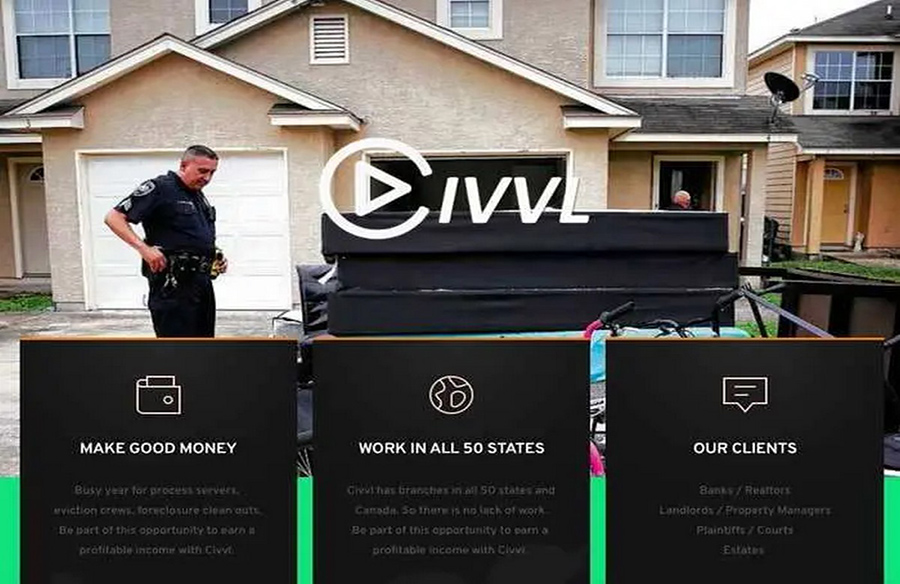
Civvl: The Controversy Surrounding a Startup Facilitating Evictions
A startup named Civvl has stirred controversy by recruiting gig workers to assist landlords in evicting tenants from their homes, labeling it as the “FASTEST GROWING MONEY MAKING GIG DUE TO COVID-19.” Let’s delve into the details and implications of this contentious initiative.
The Rise of Civvl: Exploiting Evictions Amidst the Pandemic

Civvl has capitalized on the economic fallout of the COVID-19 pandemic, leveraging the surge in evictions as a lucrative opportunity for gig workers. The company’s recruitment drive targets freelancers to join eviction crews, likening its approach to “Uber, but for evicting people.” This bold marketing strategy has sparked widespread criticism and concern.
Ethical Dilemmas: Profiting from Housing Instability
The premise of Civvl’s business model raises ethical questions about profiting from housing instability and vulnerable individuals facing evictions. The startup’s messaging, emphasizing quick money-making opportunities, clashes with the moral complexities of eviction processes, particularly during a global health crisis.
Legal Ambiguity and Accountability
While Civvl positions itself as a platform connecting property owners with on-demand eviction assistance, questions remain about the legality and accountability of these actions. The startup’s terms of service shift legal liability to landlords, leaving uncertainties about the compliance of evictions facilitated through the app with existing regulations and protections for tenants.
Criticisms and Backlash: Misleading Marketing and User Experiences
Civvl has faced scrutiny for misleading marketing tactics, including attributing quotes to reputable sources like the New York Times without verification. Additionally, negative user experiences, such as registration fees and limited job availability, have fueled backlash and raised concerns about the transparency and integrity of Civvl’s operations.
Public Outcry and Social Media Response
The news of Civvl’s activities has sparked public outrage and condemnation on social media platforms. Many have expressed dismay at the perceived exploitation of eviction crises for profit, highlighting broader societal concerns about economic inequalities and the gig economy’s impact on vulnerable populations.
Company Response and Clarifications
In response to criticisms, Civvl has defended its platform as a tool for property owners seeking assistance with vacated properties. However, discrepancies between its marketing claims and actual services, coupled with user complaints, have cast doubts on the startup’s intentions and credibility.
In conclusion, Civvl’s emergence as a facilitator of eviction processes raises significant ethical and legal challenges, prompting a broader conversation about the responsibilities of businesses in addressing societal issues and upholding ethical standards, particularly in sensitive domains like housing security during times of crisis.

